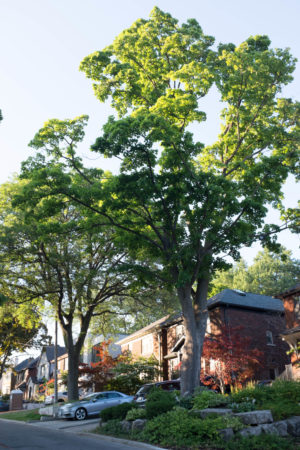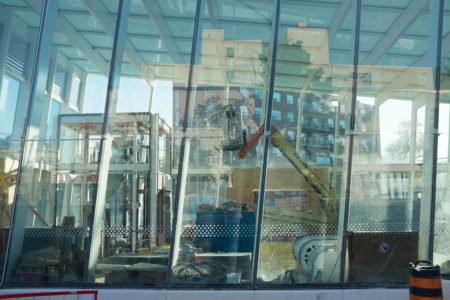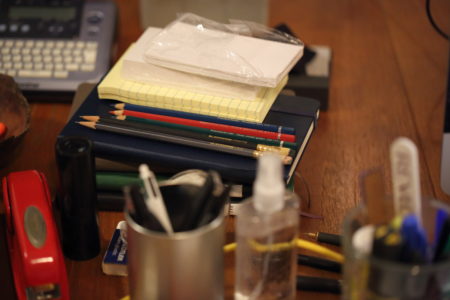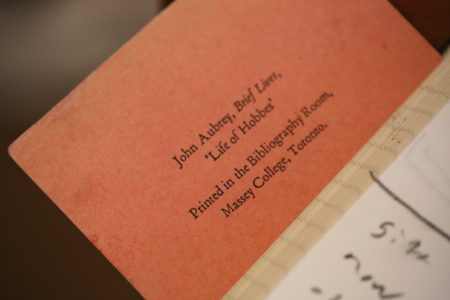Open thread: long COVID
Researchers at Canada’s Western University have used an MRI technique to identify the physiological nature of long COVID:
What we saw on the MRI was that the transition of the oxygen into the red blood cells was depressed in these symptomatic patients who had had COVID-19, compared to healthy volunteers.
The topic is important both at the individual and societal level. For individuals, the potential severity of getting COVID is much worse given that a debilitating long-term condition can arise from it. For society, the presence and extent of long COVID mean that the total costs of the pandemic can still rise by a great deal.
Crosslinx station under construction
Arch and tree
Plastic fencing
Blue cheese and king oyster mushroom sandwiches
Aidid on fossil fuel divestment at Canadian universities
Shadiya A. Aidid’s Master of Health Sciences thesis from Lakehead University is the latest major scholarly publication on the campus fossil fuel divestment movement: From divestment to climate justice: perspectives from university fossil fuel divestment campaigns
The thesis examines case studies of “Divest Concordia based at Concordia University, Climate Justice UBC based at the University of British Columbia, and Fossil Free UW based at the University of Waterloo.”
Related:
- Canadian Campus Fossil Fuel Divestment Successes
- Open thread: academic writing on fossil fuel divestment
- Institutional memory on fossil fuel divestment
- Sources on fossil fuel divestment
- Lessons from successful fossil fuel divestment campaigns
- Maina, Murray, and McKenzie summarize the literature on campus fossil fuel divestment
- 350.org, fossil fuel divestment, and the campaign in a box
- The transnational nature of the climate change activist movement
- Growing campus fossil fuel divestment bibliography
- CFFD campaign timelines and institutional memory in Canada
Office supplies
20 million saved by COVID vaccines
It is being reported today that a study at Imperial College London “modelled the spread of the disease in 185 countries and territories between December 2020 and December 2021, [and] found that without Covid vaccines 31.4 million people would have died, and that 19.8 million of these deaths were avoided.”
That is a staggering, historical achievement. At the same time, it reminds me of how bad people are at basing their beliefs on evidence. If we could effectively update our beliefs based on empirical information, people around the world would be celebrating this achievement and hosting parades for vaccine scientists. As things are, I have to wonder if with the political lessons taken from this pandemic we would even make such an effort in the future. Quite possibly through political polarization and the linkage of beliefs about medical facts with personal identity and ideology the world at large has become more fragile rather than more resilient through this experience.







